Haytoug Summer 2014
Editorial by Sanan Shirinian
Every year in April, a familiar echo of discontent and disappointment in ourselves is heard far and wide. It is during this month, when our communities become the most active, that the perpetual cynics lay it on the strongest.
Community organizations become subjected to harsh judgments of being overly invested in genocide recognition, of singing and preaching and making unrealistic demands that keep us in an endless cycle of self-gratifying protest. These echoes of discontent and disappointment reinforce the idea that we have wasted our energies on one dimension of the Armenian Cause that has become a failed strategy.
While critique of the genocide month may sometimes be tolerated if supplemented by recommendations for alternative action, a majority of that discontent is simply a misconception about what we are actually doing. This self-deprecation often comes from those who might not fully understand what the most active segments of our community are invested in.
The articles written throughout the following pages are a product of the month of April. They discuss a wide-ranging set of issues that transcend the genocide narrative. This Spring 2014 Haytoug does not submit to one unique theme, as most previous editions have had. The contributors were told to simply write about what interested them the most, and the results serve as validation that even amongst the April madness, our interests reach far beyond genocide recognition. Armenian youth have something important to say. Whether it be about activists in Armenia joining the online global community, or its government joining the Russian-led Custom’s Union; the need for modern day heroes or a better understanding of female heroines from our past; looking forward to new means of activism that breaks us out of the Armenian bubble, or recommitting ourselves to our militant roots.
We don’t live, work or fight exclusively for one thing, because our interests as well as our politics are dynamic. These articles speak to the complexity of the Armenian world, and to the fact that while genocide recognition is at the top of our agenda, it does not stand alone. These articles speak to the politics, culture and imagination of Armenian youth, however brilliant or dull they may be. These articles speak to the fact that we are in motion, we have visions and dreams, therefore are not nearing our mortality as those disheartened echoes in April suggest.
Self-reflection of our shortcomings is important, but those April judgments should not become a feel-good narrative for change. The Haytoug does not generally offer final answers or solutions, but it raises questions on behalf of Armenian youth who do not succumb to crippling generalizations.

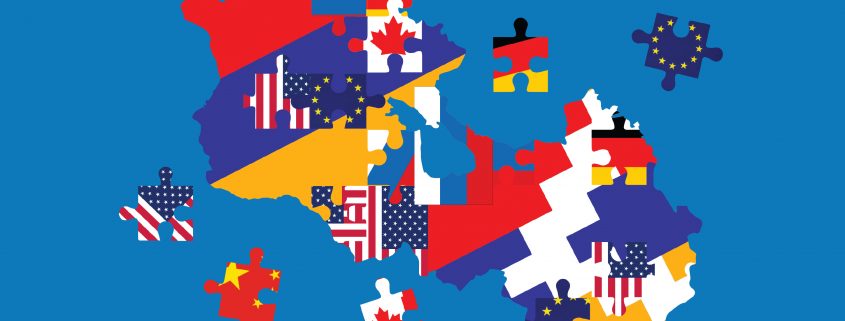
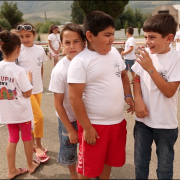
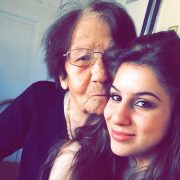
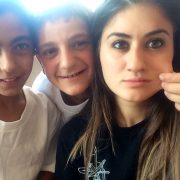
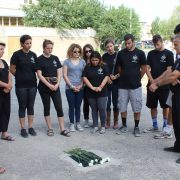
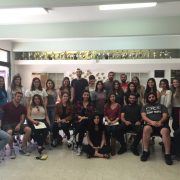
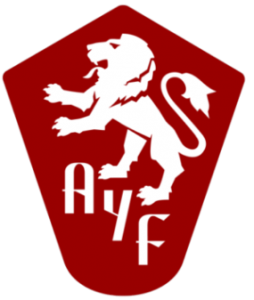

Leave a Reply
Want to join the discussion?Feel free to contribute!